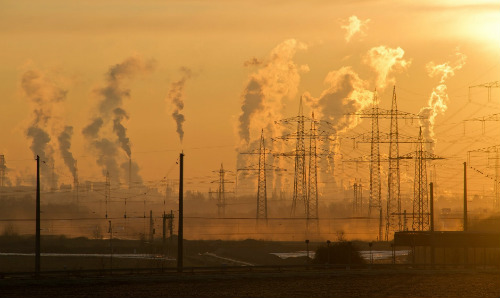Everyday activisms in China: Navigating water, food, air quality
Poor water quality, food safety concerns, and cities filled with air pollution are environmental challenges that Chinese citizens have to navigate daily.

These are environmental challenges that don’t just exist ‘out there’, but permeate the boundaries of peoples’ homes, bodies, and everyday living and working spaces.
As a result, Chinese citizens are engaged in a range of everyday practices to mitigate the effects of these pollution problems on their, and their families/households, everyday lives.
These include buying bottled water, boiling water, navigating ‘safer’ food networks, and adopting a range of everyday activities to mitigate the effect of air pollution (changing travel behaviour, wearing masks, using air purifiers, eating differently).
Some literature posits that these activities are an example of increased ‘individualism’ in the context of widespread environmental pollution.
However, in this project, we argue that in the Chinese context, these are examples of everyday activisms of Chinese citizens as they navigate unsafe everyday conditions, poor environmental quality, and wider environmental sustainability issues.
Through the example of air, water, and food quality/safety - implemented in a range of interviews and focus groups in Beijing and Harbin - we will explore how Chinese citizens actively participate in a range of commoditised and non-commoditised practices to ensure ‘safe’ ‘liveable’ home, community, and city environments.
Chinese citizens can be seen as key actors in shaping water/food/air safety, and the liveability, of cities in the Chinese context.
This project fills a large research and policy gap in understanding the importance of everyday life in dealing with environmental pollution and sustainability in the context of widespread urban transformation in the Chinese context.
